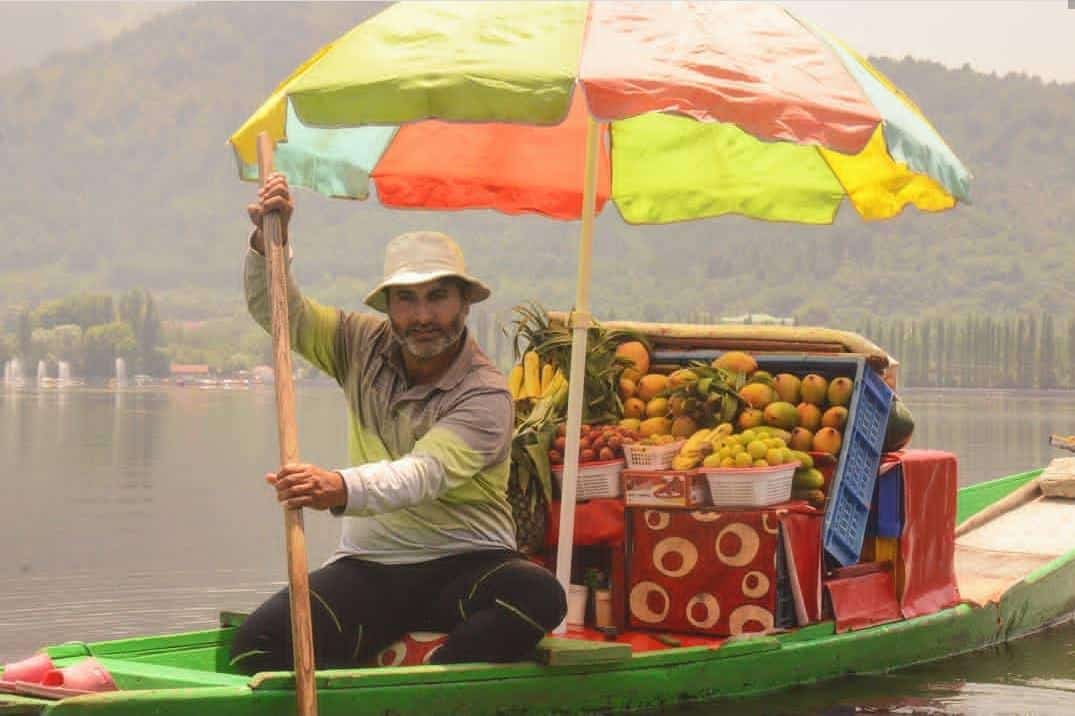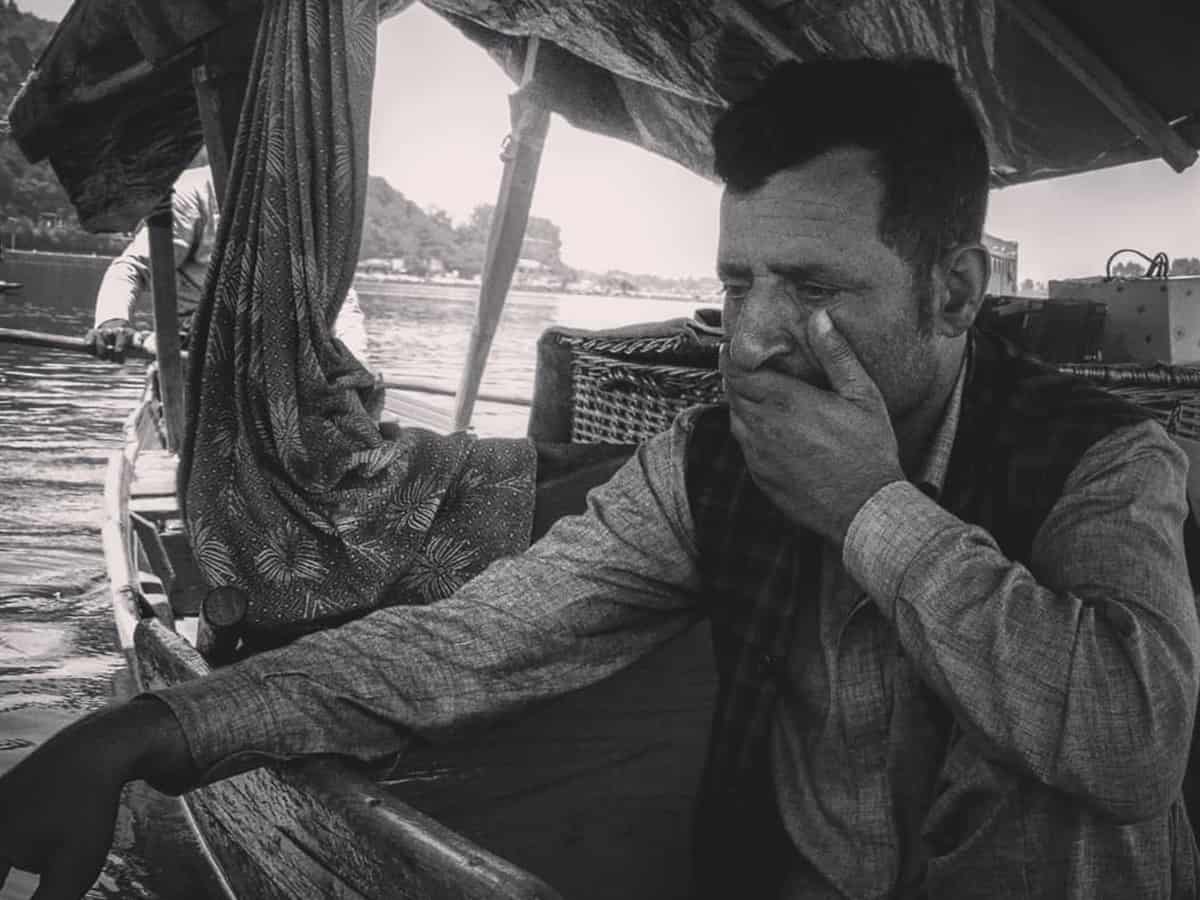Srinagar: After the lockdown imposed in Jammu and Kashmir on August 5th there has been a drastic decline in its economy.
Official data of tourists arriving in Kashmir has been down by 86 percent, according to the Right to Information Act as quoted by The Wire since revoking of Article 370 and the lockdown that had been imposed on Kashmir.
This contradicts the Modi Government and the Indian media’s narrative that everything has been normal in Kashmir.
Since terror threats were cited from August 2, 2019 and after the lockdown was imposed on Kashmir, there has been a massive decline in the arrival of tourists in Kashmir from August 2019 up till now. As per the data revealed under the RTI Act, the number of tourists arriving in 2019 rounds up to 10,130 while in 2018, number of tourists totaled up to 85,534.

Tourism in Kashmir revived barely in November and December 2019 with a figure of 12,086 and 6,954 respectively.
With the lockdown that has been imposed, there has been a massive decline in tourism and livelihoods of the people.
By loss in livelihood, it means no earnings and loss of jobs. From an average earning of Rs 6,000-7,000 per household per month, the income has come crashing down to Rs 1,000-1,500 now.
Some people did not lose their jobs but were receiving half the pay they used to get earlier. The livelihood of people was almost destroyed. A huge loss was seen for the hotels because of poor business and loss of internet. Dal lake, the centre of attraction of Kashmir, the hub for business and markets full of lively people, has now seen a drastic change as it began to shrink with nobody being able to carry out their business because of the loss in tourism.
The fields of fruits and vegetables that were healthy earlier are now left barren and dead. With Srinagar being the best supplier of apples has now suffered a loss of over 40 lakh crates of apples since the lockdown. While most of their summer and spring crops have rotted, they are now selling the remaining at half of the price and facing huge losses.
It is very difficult, especially for the elderly, to survive in such situations and facing the chilla kalan (forty coldest days of Kashmiri calendar) under such economic pressure.
The government on January 25 had announced the opening of internet after a complete six month internet blackout. However, there has been restricted access of 300 websites with a low speed internet and no other service except that of Mukesh Ambani owned Reliance Jio.
With so much political outrage, disturbance, riots, trouble, and restrictions the people of Kashmir have not lost hope and continue to live and work with the same enthusiasm, courage and hope with their spirit of generosity.

